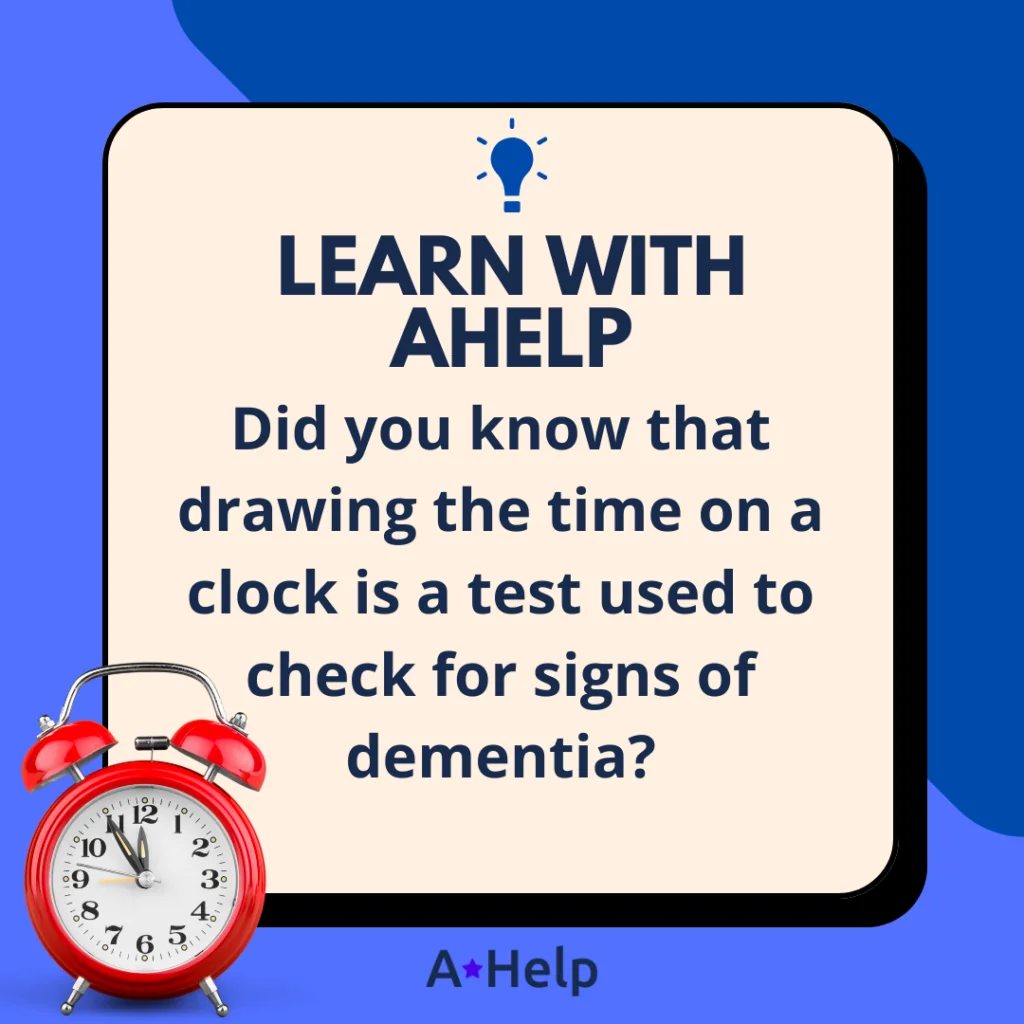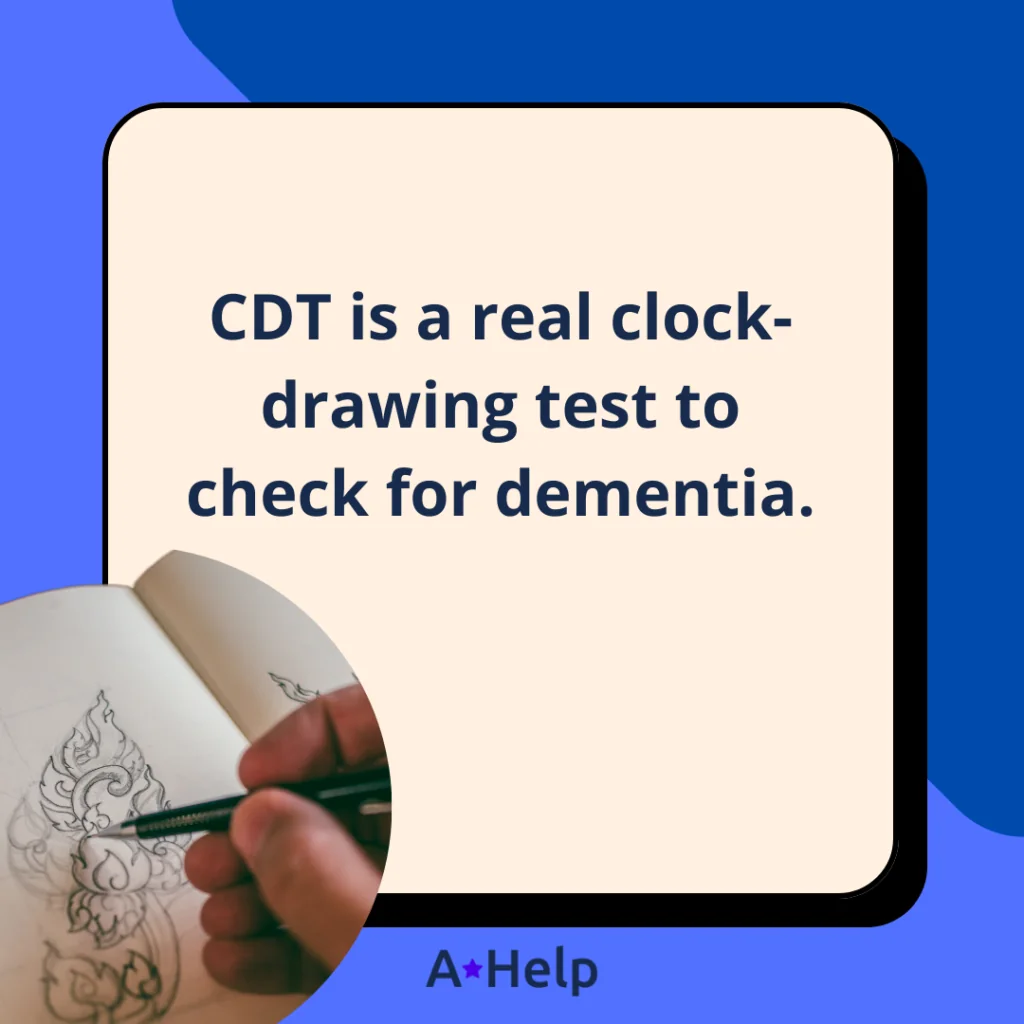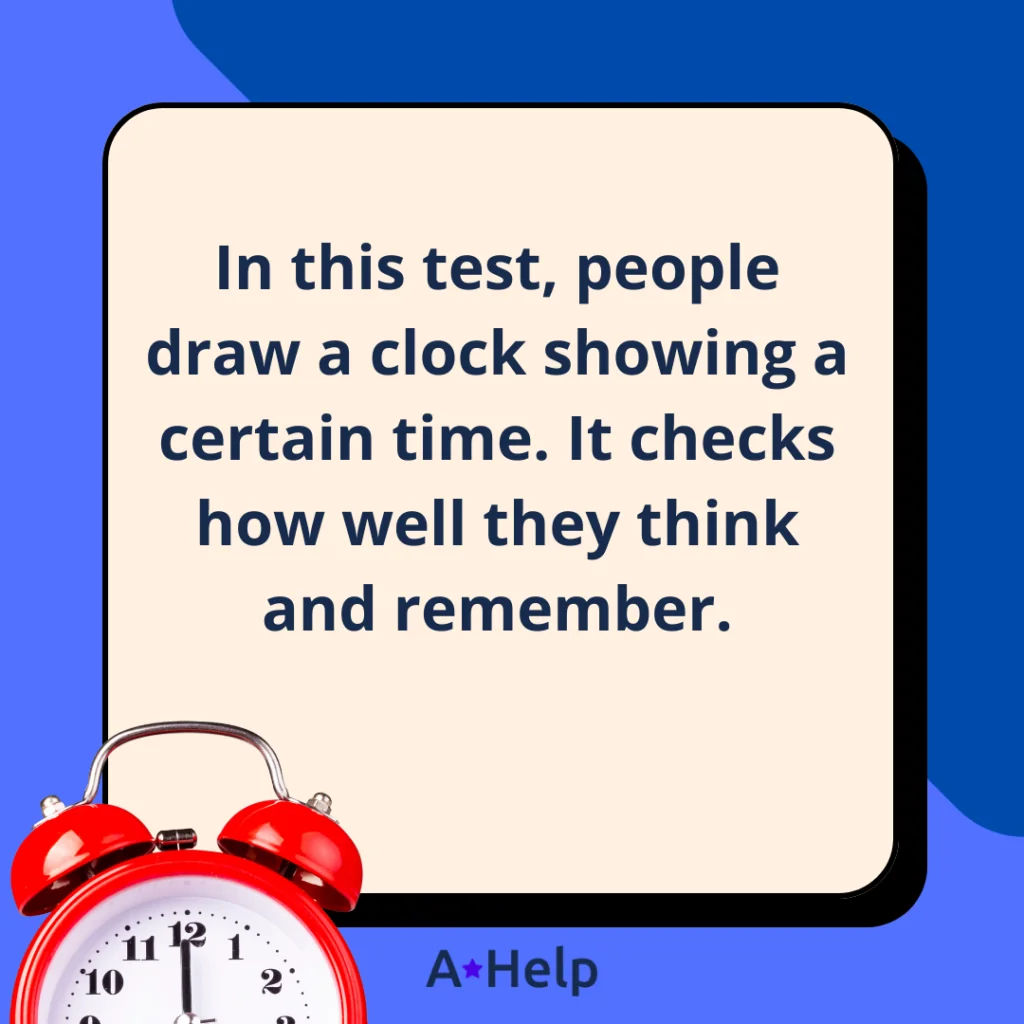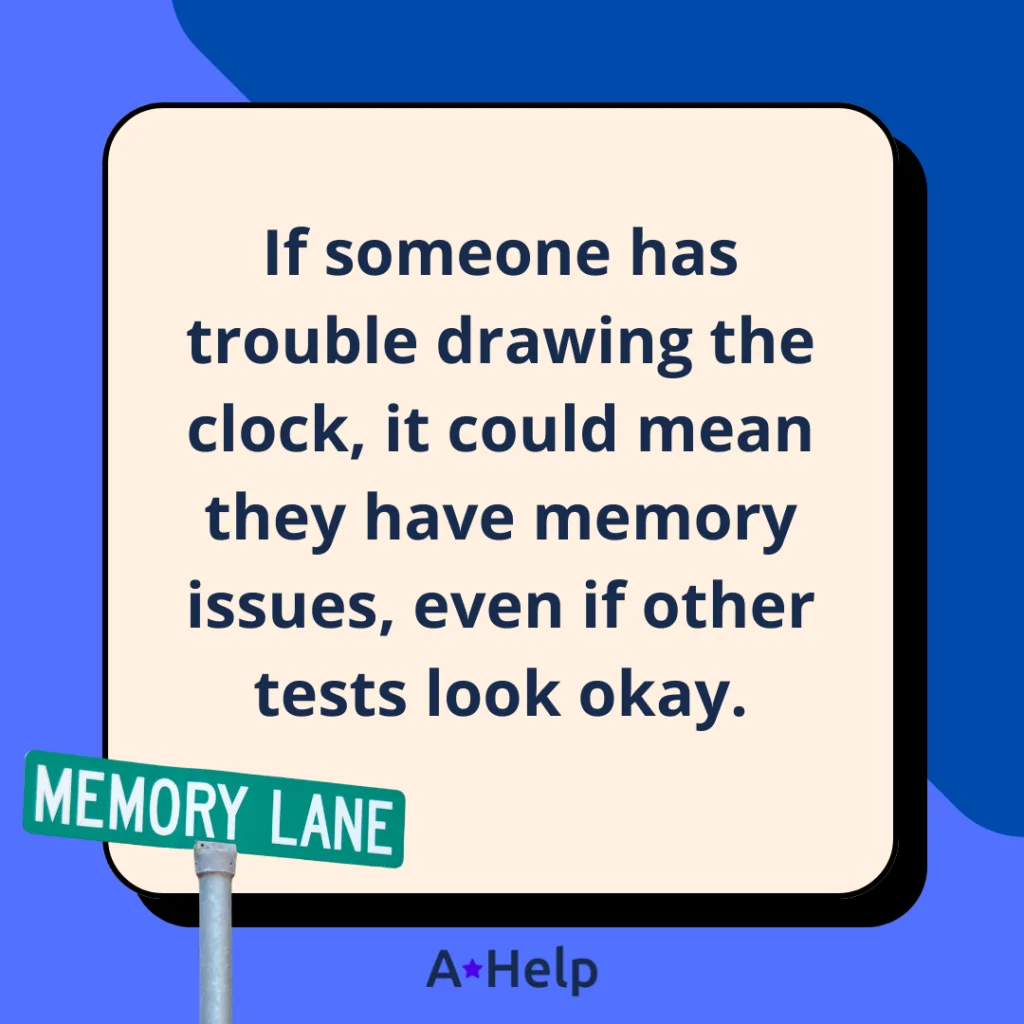☝️ TLDR: An analog clock drawing can show if a person’s brain is doing okay
You can tell the time, we presume. But are you aware that the time can also say a lot about you? Just one drawing can reveal the onset of a cognitive disorder in a person.

✅ AI Essay Writer ✅ AI Detector ✅ Plagchecker ✅ Paraphraser
✅ Summarizer ✅ Citation Generator

What’s ticking, “Hannibal” fans? Yeah, that’s right, you already know what’s up. For the rest of the class, the clock drawing test is a simple and effective way to check for cognitive issues, like dementia. Invented by neurologist Maurice R. Naeser in 1983, the draw a clock test has become a staple in medical assessments, helping doctors identify early signs of disorders.

In the dementia clock test, patients are asked to draw a clock, place the numbers correctly, and set the hands to a specific time. It’s a straightforward way to check important brain functions like planning, memory, and spatial awareness.

You might wonder when someone should take this test. If you notice a person struggling with memory, having difficulty organizing their thoughts, or losing track of time frequently, it could be a sign they need the drawing a clock test. These small cognitive lapses can be early indicators of more serious conditions, so keeping an eye out for these signs is essential.
📌 Fun Fact: CDT is a TV Star!
The clock drawing test has made its way into more popular media than NBC’s “Hannibal”. One famous portrayal can be seen in the TV series “The Sopranos,” where Tony Soprano’s mother takes the test during a hospital evaluation.

Other tests can show when someone’s brain is in danger. Some of them are:
| 📝 Test Name | 🎯 Purpose |
| Mini-Mental State Examination (MMSE) | Assesses cognitive function, including memory, attention, and language. |
| Montreal Cognitive Assessment (MoCA) | Screens for mild cognitive impairment, focusing on executive function and memory. |
| Neuropsychiatric Inventory (NPI) | Evaluates behavioral disturbances in dementia patients, such as delusions or anxiety. |
| Trail Making Test (TMT) | Assesses visual attention, task switching, and processing speed. |
| Boston Naming Test (BNT) | Measures word retrieval abilities to detect aphasia and other language disorders. |
| Digit Span Test | Evaluates working memory and attention by asking patients to repeat number sequences. |
| Verbal Fluency Test | Tests executive function by asking patients to generate words based on set criteria. |
Source
Journal of Clinical Neuroscience
FAQ
Follow us on Reddit for more insights and updates.





Comments (0)
Welcome to A*Help comments!
We’re all about debate and discussion at A*Help.
We value the diverse opinions of users, so you may find points of view that you don’t agree with. And that’s cool. However, there are certain things we’re not OK with: attempts to manipulate our data in any way, for example, or the posting of discriminative, offensive, hateful, or disparaging material.